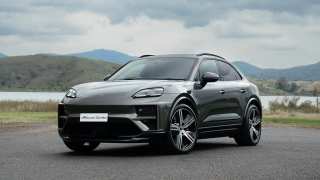
New cut-price battery could be a game changer: Electric car battery giant CATL that supplies brands such BMW, Hyundai, Tesla, Xpeng and others working on new sodium-ion battery ideal for small cars
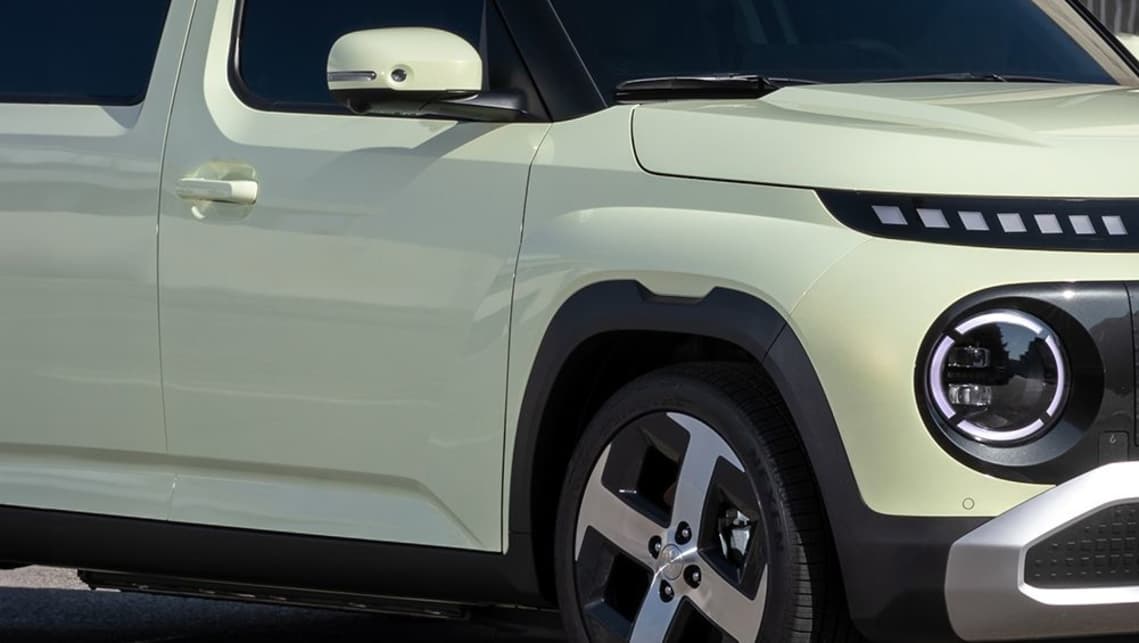
Electric cars are advancing at a rapid rate, fuelled by the development of new and improved batteries.
Chinese battery giant CATL, which supplies cells to some of the world’s biggest electric car makers such as BMW, Hyundai, Mercedes-Benz and Tesla, has revealed an alternative to lithium-ion batteries.
Dubbed sodium-ion, the new type of battery is cheaper to make because it doesn’t use expensive lithium and rare earth metals such as nickel and cobalt.
Read more about
- The answer to our electric car problems? Chinese car brand BYD developing new Tesla-smashing batteries
- Battery breakthrough could mean more than 1200km driving range! Game-changing tech in new Mercedes-Benz electric cars coming to smash Audi, BMW, BYD and Tesla
- Game changing electric car battery breakthrough shows China has won the EV battle: 2025 MG to feature solid state batteries years ahead of Toyota and Nissan
Sodium-ion batteries work in a similar way to conventional lithium-ion batteries by transferring energy between the cathode and anode.
It is a potential breakthrough as it uses sodium, which is one of the most abundant elements on the planet, and is much easier to source than lithium.
The batteries haven’t been used widely as they are much less energy efficient than the two most prevalent lithium-ion battery chemistries — lithium-iron phosphate (LFP) and nickel manganese cobalt (NMC) — but CATL appears to have found a solution.
CATL is aiming to exceed 200Wh/kg in its new sodium-ion batteries, which is superior to BYD’s next-gen LFP cells that will have 190Wh/kg.
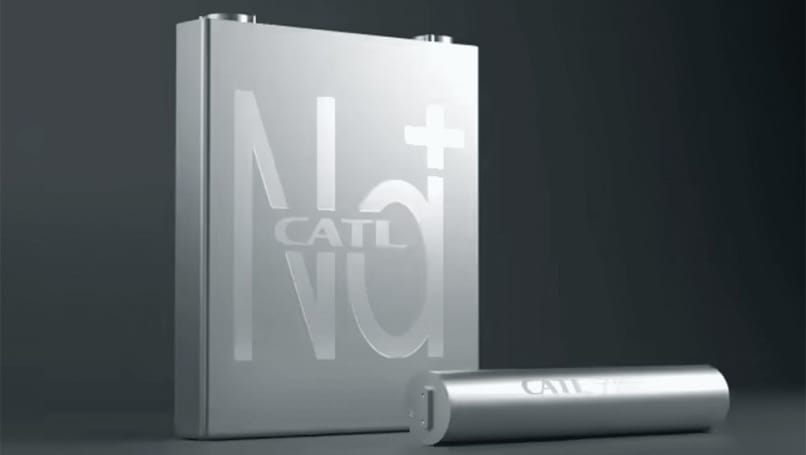
This will make them ideally suited to small cars and EVs that don’t need to have 500km-plus of driving range.
The theoretically lower production cost — once manufacturing scale is achieved — means they could be used for cut-price city cars that would help broaden the market penetration of electric cars globally.
Sodium-ion batteries have another feather in their cap, they work better in cold climates. Current batteries become much less efficient in extreme cold temperatures, but CATL said the new batteries work normally at temperatures down to -40 degrees celsius.
Chinese brands Chery and JAC are reportedly using CATL’s first-generation sodium-ion batteries but the next-gen tech could see them expand into more vehicles.
CATL isn’t expected to mass produce the new battery tech until 2027, according to reports.







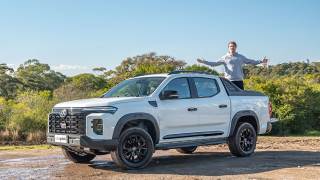
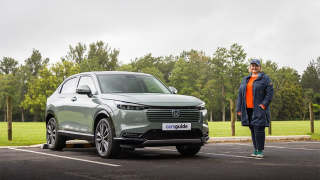
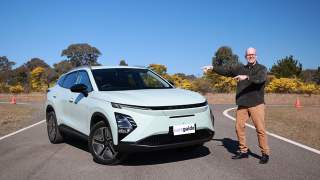
Comments